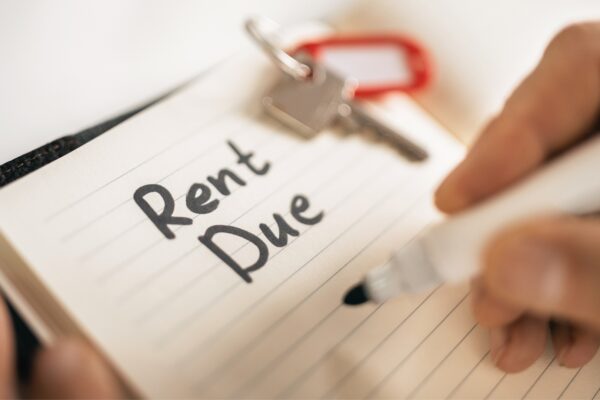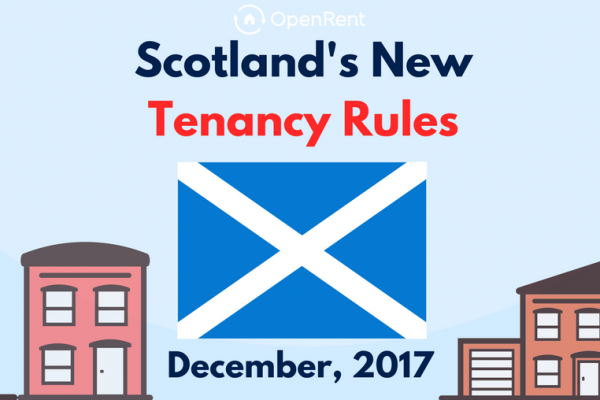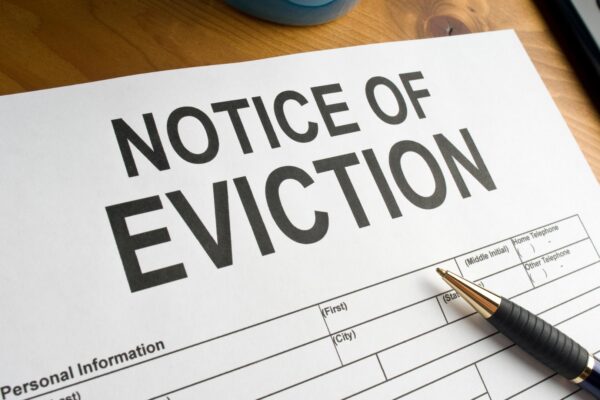Landlords who let a room in their own home have very different rights to those who let an entire property to tenants. In general lodgers living in a room in their landlord’s house have fewer protections than tenants of an assured shorthold tenancy, and these resident landlords have stronger powers and protections. This reflects the fact that landlords letting a room in their own home are more vulnerable than those who do not live with their tenants.
In this guide, we will examine the rights of a resident landlord and how they should conduct their dealings with a lodger.
Who is Classed as a Resident Landlord?
Colloquially, we all know what a landlord is. Anyone who lets out a property in whole to a tenant falls into this category: for example, the typical buy-to-let landlord who purchases a property to rent out. They will issue an assured shorthold tenancy agreement (AST) and follow strict regulations.
Anyone who lets out a room in their own home, however, is a resident landlord (also called a ‘live-in’ landlord because they live in the property). There are still legal requirements made of resident landlords, but they are not so demanding, and most are only common sense.
One grey area is if you live in a self-contained annexe in your home, and you let out the main part of the property. If you have separate meters for the annexe, with no shared use of the main home, it is likely you are not a live-in landlord and must treat your tenants accordingly.
Let’s now look at the rights of a resident landlord.
The Lodger Licence Agreement
The most crucial difference for live-in landlords is that lodgers do not get an assured shorthold tenancy agreement (AST). Instead, they get a licence agreement, which gives them fewer rights and gives the resident landlord greater freedom.
Someone is classed as a lodger if they rent their own room and then share living space with the homeowner, such as the kitchen and bathroom, plus access like stairs and corridors. The homeowner will have access to the lodger’s room if necessary. If the room is entirely out of bounds for the landlord, then the lodger has more rights.
The live-in landlord will protect their rights with a licence agreement, and because of this, several factors are likely to be included within it. How much detail the live-in landlord includes will depend on preference and circumstance.
Lodger behaviour
As the lodger is living in the resident landlord’s home, they will be expected to behave respectfully and obey reasonable house rules that are agreed in the license. This might include restrictions from entering specific rooms, like the landlord’s own bedrooms and any living quarters deemed to be private. The lodger will be expected to keep their room clean and tidy. At the same time, the licence might stipulate they must contribute to general cleaning or housekeeping – at the very least not being untidy in shared areas.
While a resident landlord should have no problem with a lodger entertaining guests, the licence agreement might forbid overnight stays or limit them to a certain number of nights per week or days of the week.
Bills and rent
Just like an AST, the lodger licence agreement will clearly state the rent that must be paid and when. The period is usually weekly or monthly. It will also note the bills the lodger will be partly responsible for, which will usually be a proportional share of the utility bills. If the landlord has a family of four and a lodger, it would not be fair to expect the lodger to pay half the utility bills.
Utility bills will include gas, electricity, water and broadband. In many cases, it will be more convenient for all concerned to simply forecast a reasonable fixed figure and add this to the rent, giving one consistent sum to pay. This will make it easier for you and the lodger to budget.
Fixed-term or periodic agreements
The licence agreement will differentiate between a fixed-term or periodic rental. The fixed-term is if, for example, you state your lodger can be in your home for six months. When that time is over, the lodger leaves, or you both make new arrangements for them to stay.
The periodic agreement is like a rolling term, set over a week or a month. Once issued, it runs from one week or month to the next without requiring changes or renewal to the agreement (unless the resident landlord wishes to amend any conditions, e.g. rent).
Taking References and Deposits
Not seeking proper references is one of the most common mistakes for live-in landlords, even if you are letting to someone you already know.
It can be tempting to rely on “first impressions” when a prospective lodger arrives to view the property, but common sense should prevail here: you are about to allow this person to move in with you, so you should at least find out a little about them. And that includes their financial status.
You want to know that they are a decent and trustworthy person who will not trash the place, and that they will keep up with their rental payments. You would not hesitate to carry out tenant referencing checks if you own a buy-to-let property, so there is no reason to ignore it for a lodger.
Here are checks you can make:
- Previous landlord references, and don’t be shy with contacting them to ask questions.
- Payslips – three months of payslips will show salary and ability to pay
- Proof of ID show they have the right to rent in the UK (i.e. they are not in the country illegally). This is a legal requirement of the landlord if the property is in England.
- Employer references will satisfy you that your lodger will continue to be able to pay.
- Credit checks are a good way to see if the lodger has outstanding CCJs while adding an extra identity check.
Considering a prospective lodger? Get all the information you need to decide.
Order referencingTaking a deposit
The landlord can ask for a reasonable deposit from a lodger at the start of a new licence agreement. This might cover any potential damage. When the lodger leaves, you must return the deposit, withholding an amount only for damages or rent arrears. Unlike with an AST, a resident landlord does not have to protect their lodger’s deposit in one of the government-approved deposit protection schemes.
Eviction and Notice Periods
As a resident landlord, you have some rights to end your licence agreement early and evict your lodger. Lodgers are an “excluded occupier” if they share some of the living accommodation, meaning the landlord does not have to go to court to evict them.
You can bring a licence to an end naturally by giving notice during a rolling licence agreement. This is usually one month or one week, depending on the terms of the agreement. The agreement will say if the landlord must give written notice, or if it can be verbal. If it does not clearly state a notice period, then the landlord must provide “reasonable notice”.
If the lodger has a fixed-term agreement, the live-in landlord can simply not renew it. When it expires, the lodger should leave.
A resident landlord has the right to peaceably evict a lodger who refuses to leave at the end of the notice period or fixed term. This might include changing the locks. A landlord also has the right to go to court for a possession order, so long as proper notice was given first.
Keep Your Home Safe
It’s sensible to keep your home services and appliances safe – especially if they are to be used by a lodger. Keep on top of your Gas Safety Certificates, electrical inspections, product safety inspections and install smoke and carbon monoxide alarms. Keeping on top of these means a lodger has no rights to complain about you, and will keep you both safe.
Taking in a lodger is successful and problem-free in most cases. Knowing your rights as a live-in landlord, and understanding what rights your lodger has, will help prevent issues for you.




Start the discussion at community.openrent.co.uk